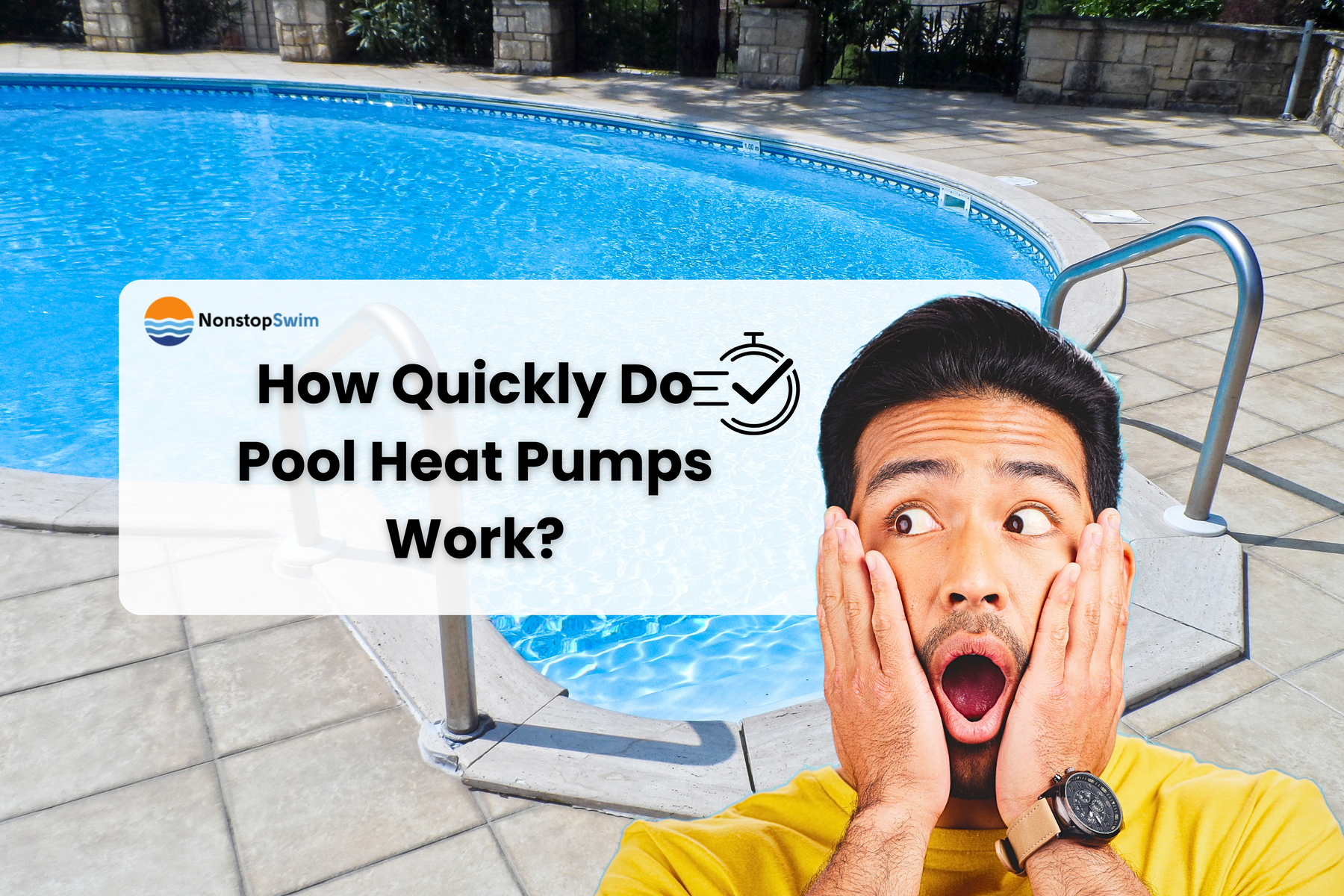
How Quickly Do Pool Heat Pumps Work?
Typical Heating Timelines for Pool Heat Pumps
Ever dip a toe in your pool and instantly regret it? You’re not alone. A lot of pool owners turn to pool heat pumps to stretch swim season, but one big question remains: how fast can they actually warm the water?
Short answer: Most pool heat pumps raise water temperature by 1–3°F per day, depending on several factors.
Curious how to speed things up? Let’s dive in.
Pool heat pumps don’t create heat out of thin air. Instead, they pull warmth from the outside air and use it to heat the pool water. It’s a slower process compared to gas heaters, but it’s a lot more efficient and affordable in the long run.
Think of it like a slow-cooker for your pool. Not instant, but steady and consistent. If you’re expecting a quick jump in temperature overnight, you might need to adjust those expectations.
Let’s break it down further.
If your pool is cold - let’s say around 70°F - and you want it at a cozy 82°F, you’re looking at about 2 to 5 days of heating time.
A properly sized heat pump usually adds 1 to 3 degrees per day, depending on weather and setup. Smaller pools heat up faster, while large backyard pools take longer to reach your target.
Once your pool is warm, the heat pump doesn't have to work as hard. It just maintains the temperature by making up for any heat loss overnight or on cooler days.
So the wait is mostly up front. After that, it’s smooth sailing.
Key Factors Influencing Pool Heat Pump Heating Speed
A few key things decide how fast your pool heats up.
Pool Size and Volume
The bigger the pool, the more gallons of water there are to heat. That means it’ll naturally take longer unless your heat pump is built to handle the load.
Air Temperature
Pool heat pumps work best when the air outside is warm. If it’s below 50°F, their efficiency drops. In mild or warm climates, they’re much faster.
BTU Rating
BTU (British Thermal Units) measures how powerful your heat pump is. A higher BTU rating usually means quicker heating. For example, the GulfStream HE150 is a solid choice for mid-to-large pools, with high BTU output that shortens heating time.
Pool Cover Usage
A pool without a cover is like trying to warm soup with the lid off - most of the heat escapes. A solar cover helps trap warmth and can prevent up to 75% of heat loss.
Wind and Humidity
Wind strips heat right off the water’s surface. Low humidity also speeds up evaporation, taking heat with it. Windbreaks and pool enclosures help keep that warmth where you want it.
Strategies to Optimize Your Pool’s Heating Time
Want to get the most out of your heat pump? Here are some tried-and-true tips:
Use a Pool Cover
This one’s simple but effective. Using a solar cover, especially at night, holds onto the heat your pump worked hard to generate.
Run the Heat Pump Midday
Heat pumps grab warmth from the air, so run them during the warmest part of the day. That’s usually between noon and 4 PM.
Match Pump to Pool Size
Don’t guess when buying a heat pump. Use a pool size calculator or talk to an expert. If your pool is oversized for your pump, you’ll be stuck waiting - and paying - longer than needed.
Keep It Clean
Just like a car runs better with regular oil changes, your heat pump needs basic upkeep. Clean filters, clear airflow, and occasional servicing help it run at peak efficiency.
Start Early in the Season
Heating your pool when it’s already warm outside means less work for your heat pump. Don’t wait until the temperature drops to start warming things up.
Bottom line: Pool heat pumps won’t give you instant results, but with the right setup and a little patience, you’ll be swimming in comfort before you know it. Whether you're using a compact unit like the FibroPool FH270 or something more powerful like the AquaCal TropiCal, it's all about knowing what to expect - and how to help your heat pump do its job.
Related reading:




Leave a comment